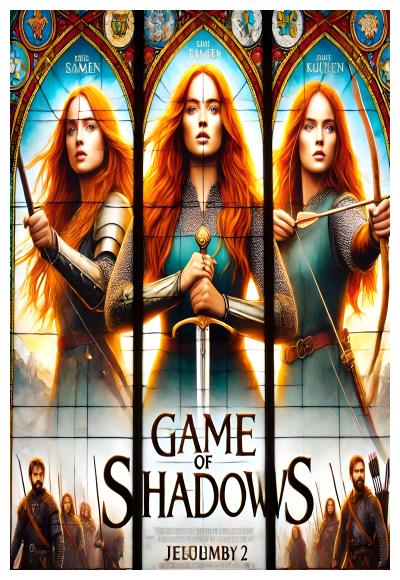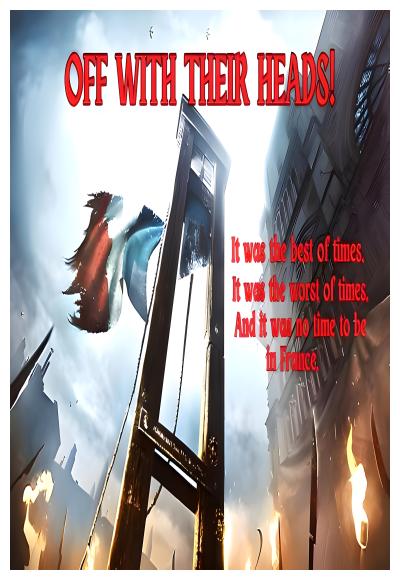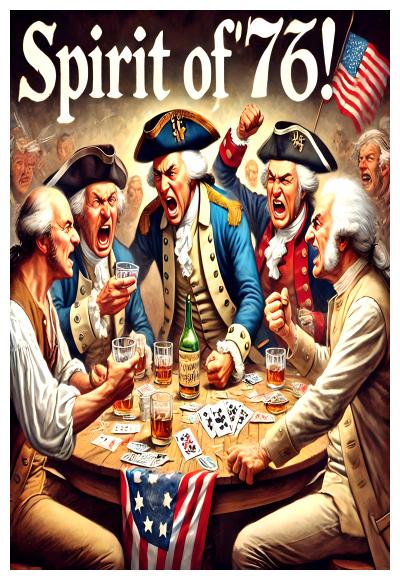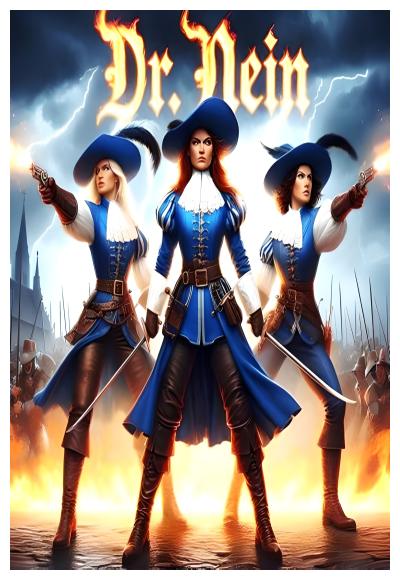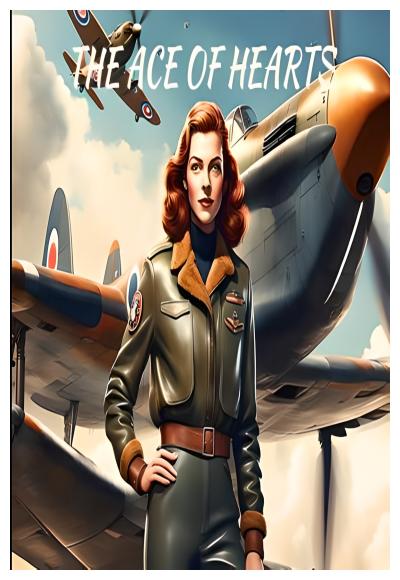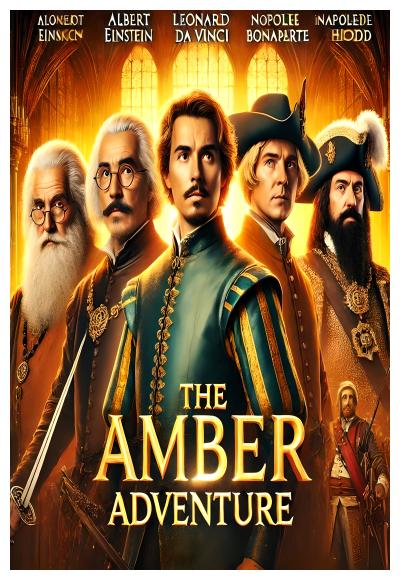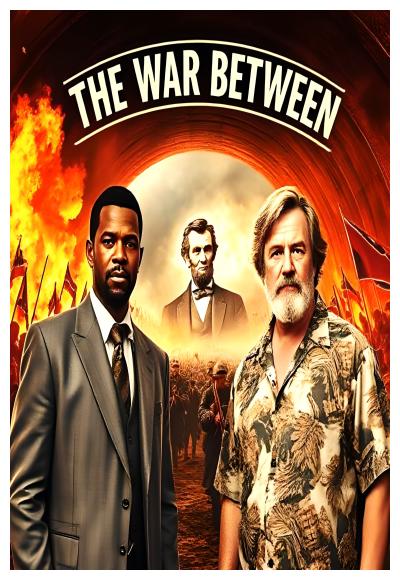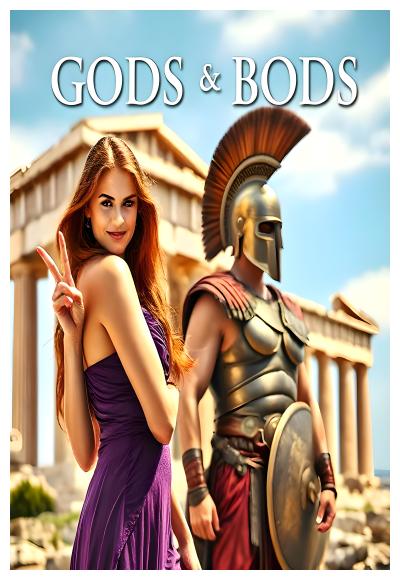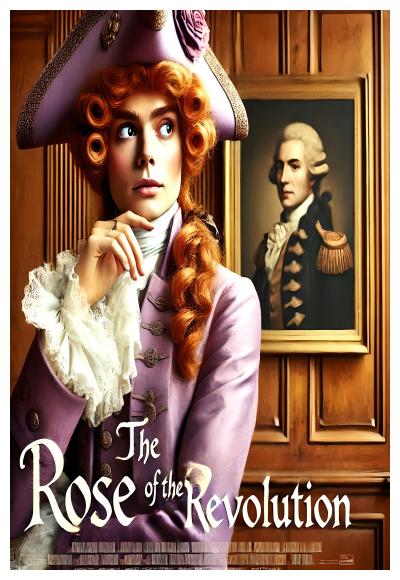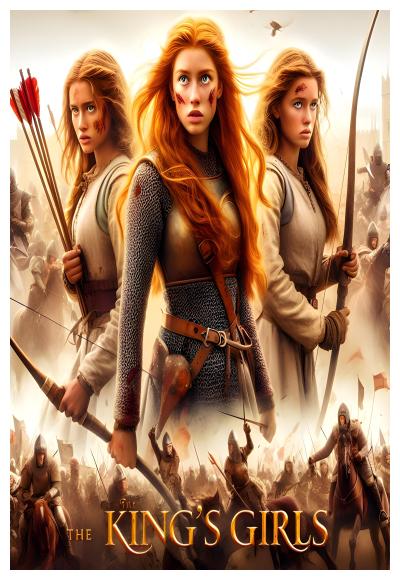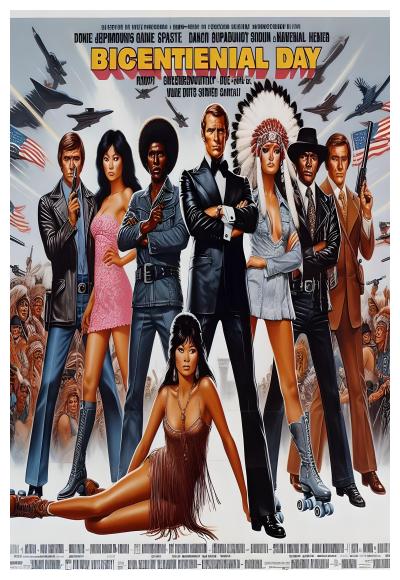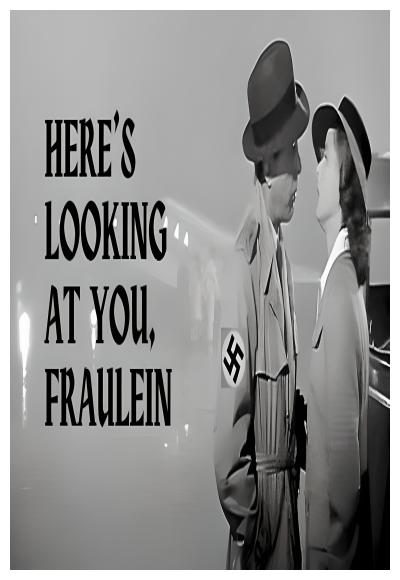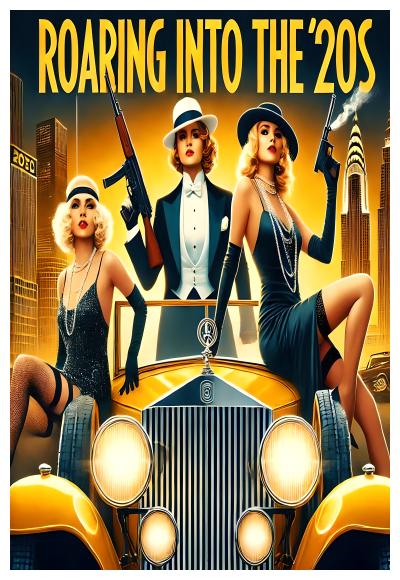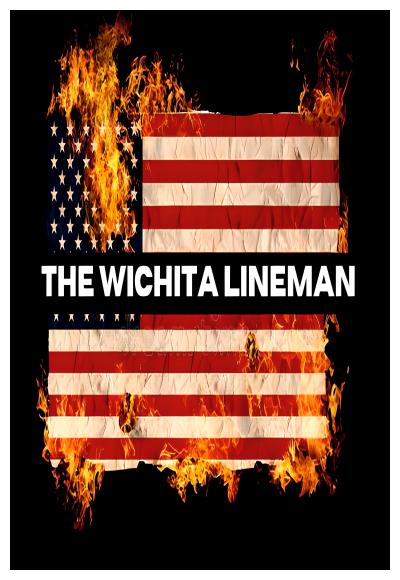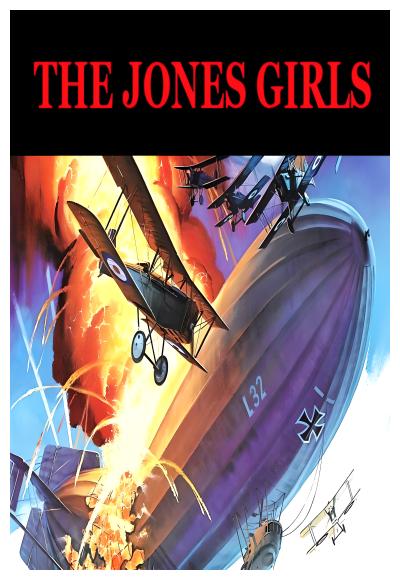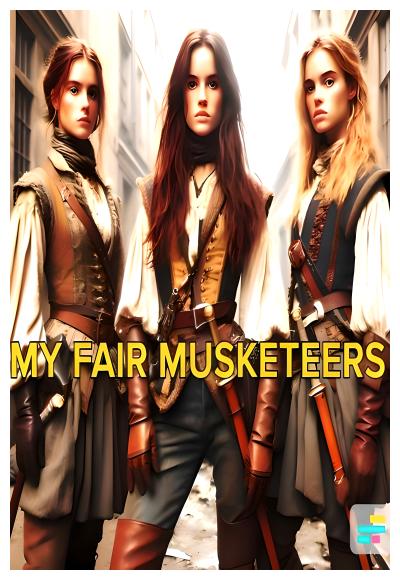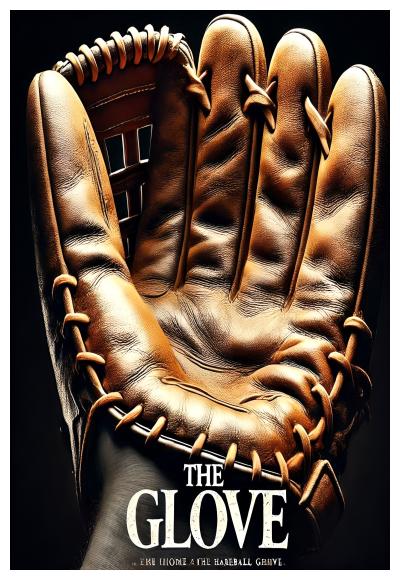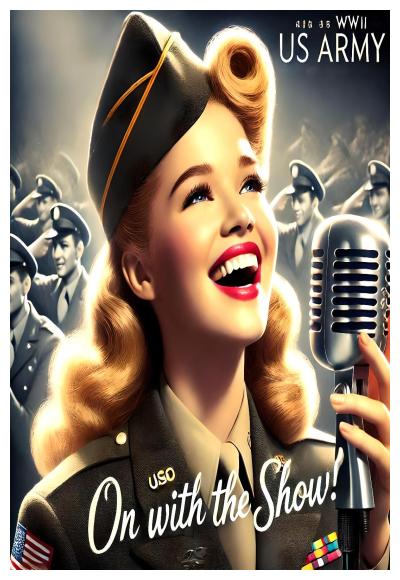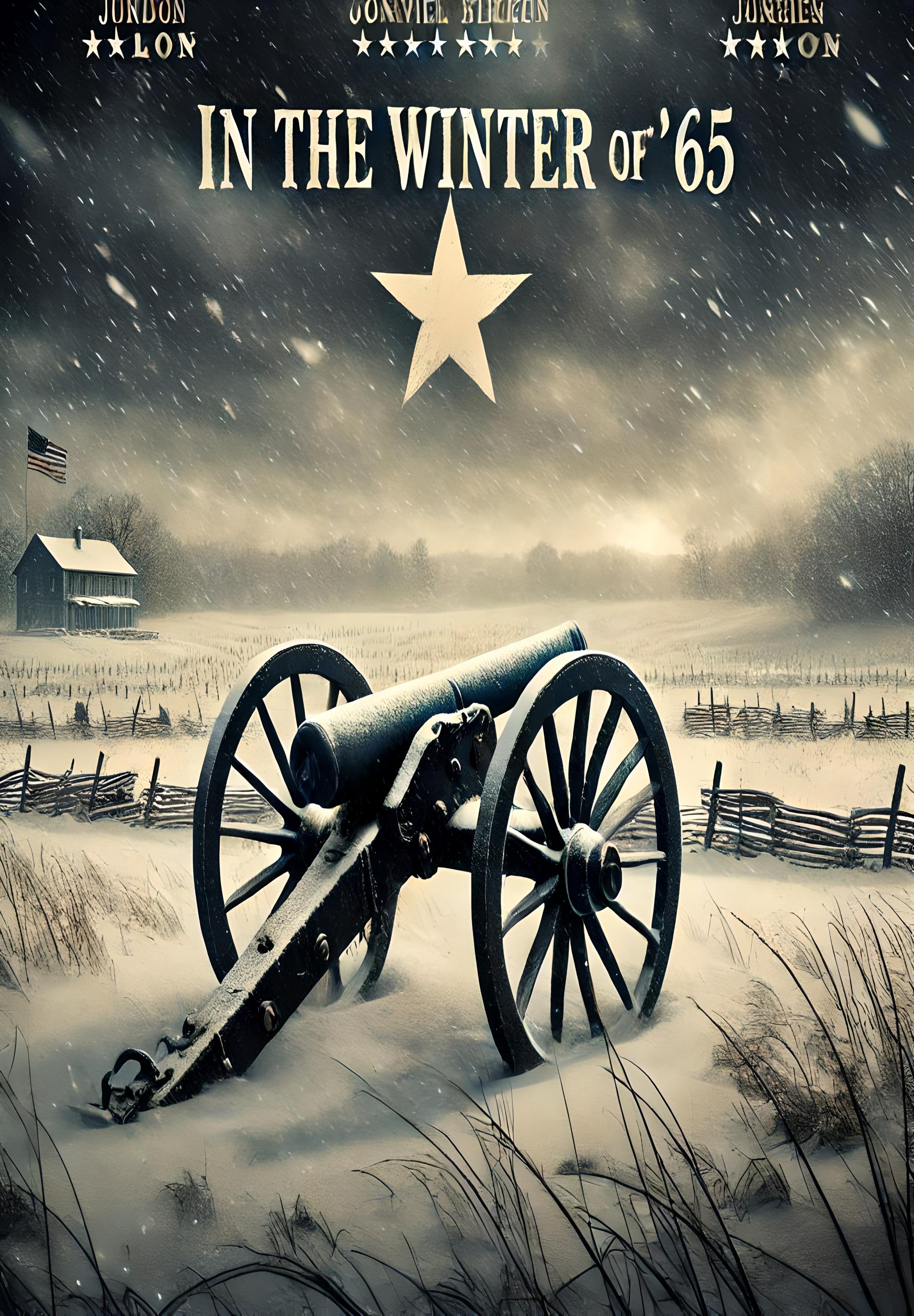
Synopsis/Details
Tone & Style: Slow-burning historical drama filled with passion, tension and a highly combustible romance between two young people on opposite sides of the war. The powerful and evocative story world features a strong multiracial cast, simmering hatreds and bleak winter weather that slowly gives way to spring. And while the tone is often dark and foreboding with episodes of explosive violence, frontier justice and gut-wrenching heartbreak and despair, there are many warm and amusing moments of awkward wartime courtship (sometimes at the point of a gun), artful diplomacy and sly bedroom humor balanced on a razor’s edge. The ingrained racial segregation and animus of GLORY, the war-torn romantic passion of COLD MOUNTAIN and SOMMERSBY and the wicked wartime humor of MASH combine in a highly cinematic and gripping tale of one man’s powerful emotional journey as he battles against deep-seated prejudice and his own personal demons to bring honor to his mission and hang on to a love he can’t bear to lose.
Story Overview: The South is on its last legs. Over half a million men have died. Atlanta has fallen, Sherman has marched to the sea and Richmond is under siege. Rail lines have been cut, ports blockaded and farmlands burned to the ground. Lincoln has demanded unconditional surrender but Lee won’t give up. Now the coldest winter in memory has descended on those already struggling to survive. The slaves have been freed, at least by proclamation, and Colored soldiers now comprise 10% of the Union army. Many on both sides want peace, but just as many want revenge. Lincoln’s second inaugural address is coming and he will seek to bind the nation’s wounds by calling for “malice towards none, and charity for all.” It's an incredibly noble gesture, but mere words won’t be enough to quell the hatred. And while Lincoln won’t live to see his vision through, one brave man will pick up the torch.
After a short Ken Burns-like montage set to the solemn strains of “When Johnnie Comes Marching Home,” we open in June 1861 as Jack Holt, 21 – the handsome, clean-shaven, Ivy League-educated scion of a prominent Philadelphia family – dons the spanking blue uniform of a Union Army Lieutenant. Admiring himself in the mirror and with everything looking just so, Jack nods smartly. “Off to war, then.” And as hundreds of soldiers board a train and a huge crowd sees them off, Jack shouts to his father and mother and his pretty fiancé Susan, “We’ll be back before you know it!”
February, 1865. After four long years of war, Jack, now a Captain, looks like hell. A full beard hides his once-handsome face, his uniform and slouch hat are filthy and his youthful exuberance lies dead on the fields of Antietam and Gettysburg and a hundred graveyards in between. He’s seen enough bloodshed to last a lifetime and with the end of the war in sight, all he wants is to get through it in one piece.
Hunkered down in a freezing camp in central Virginia, Jack is ordered to take two companies (60 men) to a small town nobody's ever heard of called Dixon's Gap to hold a train line. Jack bluntly questions the orders for two reasons: the Rebs don’t have any more trains, and one of his companies is Colored. And while Jack greatly admires them, he knows their presence will only inflame the southern townspeople and cause friction with his White segregationist soldiers.
But what Jack has lost in enthusiasm, he’s more than gained in wisdom and experience. He knows the army inside out and how to get things done his way, which is not always the army way. His men love his dry wit and caustic humor, but they also know he’s a strict disciplinarian who will hang on the spot any man who steps out of line. A smooth talker with an empathetic heart, Jack’s learned there’s more to soldiering than killing. He’s evolved into a skilled politician and diplomat with sharp instincts and a gentle touch who knows that compromise is often far more effective than conflict.
After a three day trek through the harsh snowbound wilderness, a convoy of four wagons, two small cannons and 60 men reaches Dixon's Gap, home to a few hundred people nestled in the foothills with taller mountains behind. It reminds us of hundreds of small towns in Hollywood westerns with a wide dirt Main Street lined by two-story buildings and a white clapboard church at the far end of the street. Yet despite its picturesque setting, Dixon’s Gap has seen better days. The road is rutted, the signs are faded, the shutters are tilted and everything could use a fresh coat of paint. Four years of war and hardship have taken a toll and left the town a shadow of its former self.
A small group of town leaders are waiting and as Jack predicted, they’re not happy about being occupied and even less happy about the Colored soldiers. Jack quickly lays down the law: all his men will be treated with respect, and they in turn will respect the town. Jack asks where his soldiers should billet and Mr. Johnson, owner of the General Store, suggests the old disused train depot down by the river and just a short walk from Main Street. Jack finds it to be the perfect solution, minimizing the soldiers’ presence in town but keeping them close enough to defend it if needed.
Jack books himself and Lts. Baker and Jones into Mrs. Davis’s boarding house, pays three months in advance and slowly starts winning over the leaders with a smooth mixture of politeness and courtesy. But when he runs into the hot-blooded, Yankee-hating Rebel farm girl Ellie Caldwell, the fireworks explode. Jack is smitten by her beauty and fire – he’s never met a girl like her – but Ellie tells him to drop dead. Jupiter Dawkins, who knows her better than anyone, tells Jack the war’s been hard on Ellie, losing her father and brothers and having to run the farm by herself, but encourages him not to give up.
Jack rides out to Ellie’s farm determined to make some progress. But when Ellie storms up with a bow and quiver and two dead rabbits, Jack realizes she’s a deadly hunter and more than capable of fending for herself. And, she’s a crack shot. She dares Jack to shoot the weather vane on top of the barn and when Jack misses repeatedly, Ellie draws her well-used Colt revolver like a gunslinger, hits the vane six times, reloads like a pro and points the gun at Jack’s heart. Things settle down a bit and as they walk through the fields having an awkward conversation, Jack, trying to show empathy, digs too deeply into Ellie’s personal life. And when he talks about love and pushes his affections too far, Ellie pulls her gun again and orders him off her land, firing a shot between Jack’s boots to show she means business.
Saddened and disconsolate, Jack seeks advice from Rev. Horton, who reminds him that romance in wartime is always difficult and the Bible is a bit vague on the subject of courtship. He suggests Jack stay out of Ellie’s line of fire and give it time. The Lord works in mysterious ways, and there’s a good chance something will happen that brings them closer together. In the meantime, his church is open to all and tells Jack his soldiers they are always welcome.
Determined to keep his men busy, Jack orders them to build a foot bridge across the river so they can hunt deer in the woods to bolster their food supplies. The bridge is soon finished and during a hunt, a White soldier intentionally shoots a Colored soldier to death. Jack is enraged. And as the Companies square off with guns leveled, Jack hangs the White soldier on the spot and warns everyone that if another man crosses the line, his entire Company will be shot and their bodies dumped in the river. Heartsick over the racially-driven murder and his continuing troubles with Ellie, Jack starts hitting the bottle.
But things change fast. A ragged, starving company of Rebels led by the diehard Major Gordon threaten to take the town. And as his cannons train up and his soldiers level their muskets, Jack stuns everyone by walking out alone. He meets Gordon in the middle, tells him the war’s almost over and there’s no need for bloodshed. He has enough firepower to withstand an attack ten times Gordon’s size and his Rebs will die within seconds if Jack gives the signal. Realizing Jack isn’t bluffing, Gordon gives his word to leave in peace and withdraws. As Jack returns to the cheers of his men, Jack lights a thin cigar and snarls his signature line, “That’s why I’m a Captain.”
Taking advantage of his victory and hoping to strengthen relations, Jack proposes holding a dance at the church but excludes 2nd Company from attending to avoid unnecessary friction. The Colored soldiers are furious – especially Sgt. Rutledge, who gives Jack a blistering dressing down. And while Jack is duly chastened, he believes his decision is for the best. And desperate to see Ellie, Jack asks Jupiter to invite her.
As the party proceeds and 2nd Company sulks at the depot, Gordon and his Rebs sneak into town and trap Jack, his unarmed 1st Company soldiers and a score of townspeople including Ellie and Jupiter inside the church. Gordon accuses the people of consorting with the enemy and when they push back, he shoots one of them down in cold blood. As everyone is herded outside to be executed, Jack deftly tries to buy time, hoping 2nd Company heard the shot and will come to their rescue.
And they do. As Gordon holds a revolver to Jack’s head, Sharpshooter Private Jefferson kills Gordon. A ferocious gun battle erupts and when Jack is gravely wounded, Ellie and Jupiter throw Jack in the back of their wagon and race back to the farm. With only candles for light and whisky for the pain, Jupiter and Ellie perform emergency kitchen table surgery and save Jack’s life. But Jack’s in bad shape and when Lts. Baker and Jones arrive the next morning and see Ellie sitting by Jack’s bedside in silent vigil, Jupiter tells them Jack needs to stay at the farm for several weeks to recover.
As Jack returns to health and his spirit comes roaring back, Ellie’s heart starts to melt. And after a few days of feisty flirting and as winter gives way to spring, Jack and Ellie fall hopelessly in love, marked by several amusing moments inside and outside the bedroom. After four long years of hardship and loneliness, both have finally found true love and are happier than they’ve ever been.
But when news of Lee's surrender reaches Dixon's Gap, both know that Jack's time there is at an end. Ellie is heartbroken, but when she finds a letter from Jack’s fiancé Susan eagerly planning their high society wedding in Philadelphia, Ellie explodes in a rage and screams she never wants to see him again. Jack sinks into alcoholic despair, and news of Lincoln's assassination sends him into the abyss. Jack and his men leave Dixon’s Gap and Jack returns to Philadelphia a broken man, facing a lifetime of sadness married to a girl he no longer loves.
But things are far from over. Ellie’s murderous brothers Caleb and Seth, long presumed dead, make a shocking return to the farm, install themselves as masters, revoke Jupiter’s and his son Gabriel’s freedom and reduce Ellie to servitude. But Ellie won’t be cowered. In a thrilling act of defiance and courage, Ellie lures her brothers into the woods she knows by heart and armed with her bow and quiver, hunts them down like the wild animals they are and kills them dead.
Several months later, on the morning of Jack’s wedding, a letter arrives from Jupiter that changes everything. Leaving Susan and their parents at the altar, Jack races back to Dixon’s Gap and finds Ellie at the farm, six months pregnant. The two star crossed lovers who thought they’d never see each other again fly into each other’s arms as Jupiter smiles, proud to have had a hand in working a miracle.
We move ahead eleven years to July 4th, 1876. Much has changed and as America marks its 100th birthday, Jupiter, Gabriel and his young wife Sadie and Ellie, Jack and their two young kids Robert and Sarah leave the farm in wagons and head into town for the the celebration. Black and White families are enjoying a picnic lunch together at the old train depot by the river, which has been turned into a park marked by a beautiful bronze plaque honoring the men of 1st and 2nd Companies who defended Dixon’s Gap with courage and bravery in the winter of ’65. Race relations are changing for the better, at least in Dixon’s Gap. And as Ellie smiles proudly, Jack lights up a thin cigar and wraps things up with his new signature line, “That’s why I’m the Mayor.”
Story & Logistics
Cast Size:
Many
Locations:
Several
Special Effects:
Minor cgi
Characters
Lead Role Ages:
Female Young Adult, Male Adult, Male Middle Aged
Advanced
Subgenre:
Civil War, Expedition, Girls With Guns, Military, Religious, Road-Trail Journey, Romantic
Time Period:
Late modern period
Country:
United States of America (USA)
Time of Year:
Spring, Winter
Writer Style:
John Sayles, Lawrence Kasdan, Quentin Tarantino


